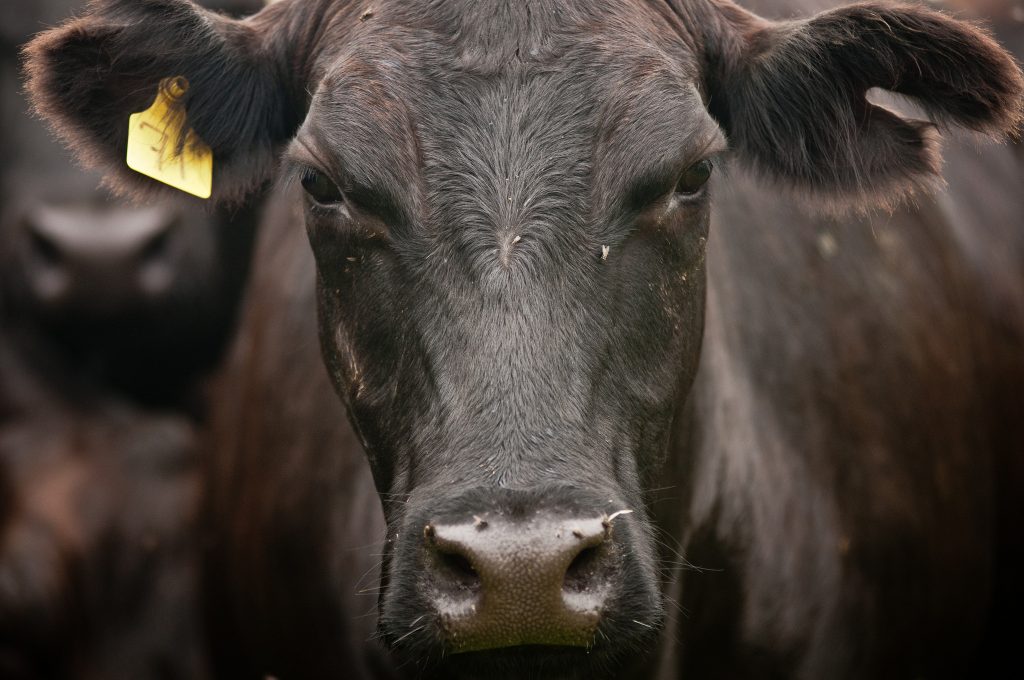In addition to the carbon emissions created by the machinery required for farming, livestock animals themselves emit methane gas, which contributes to climate change. Furthermore, improper disposal of animal waste can lead to pollution of waterways. [5] Overuse of antibiotics in livestock contributes to the development of antibiotic-resistant bacteria. Livestock raised in industrial environments are often treated cruelly and live miserable lives.
In addition to the carbon emissions created by the machinery required for farming, livestock animals themselves emit methane gas, which contributes to climate change. Furthermore, improper disposal of animal waste can lead to pollution of waterways. [5] Overuse of antibiotics in livestock contributes to the development of antibiotic-resistant bacteria. Livestock raised in industrial environments are often treated cruelly and live miserable lives.
Video Summary: Humans have become obsessed with consuming meat in our daily diet. However, with a fast growing human population this is becoming an increasingly large issue due to the many resources that go into producing a small amount of meat. Meat production is an incredibly inefficient use of resources and contributes to additional problems such as increasing antibiotic resistance in bacteria and habitat destruction for native animal species. If overexploitation of resources is not of enough concern, the conditions in which these animals are raised and produced are horrendous. Watch the video for more information and to learn about how you can help reduce impact of this huge global issue.

